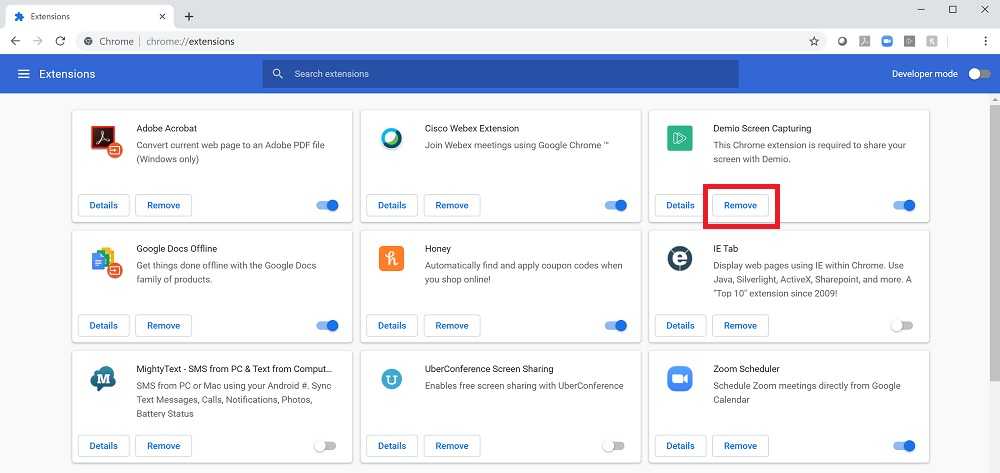Browser Extenstions Send Off Data Of Millions Of Users Without Permission
By: Jim Stickley and Tina Davis
January 3, 2020
Browser extensions can be our friends. They can help us find bargains, help us keep track of information, add to our security, or do something that’s simply fun such as the ones that let you distort photos into funny images. They can also do harm, as is the case with a recent find by a security researcher involving several extensions (or add-ons) used with Firefox and Chrome. They collected data from millions of users every time a page was clicked.

The data for this leak is being referred to as DataSpii, and information included was a lot of sensitive information such as payment card information, medical details, tax return data, GPS location, shopping history, and others. It also included corporate data such as real-time employee activity, private network structure, API keys, zero-day vulnerabilities, and lots of other stuff.
The extensions in question include for Chrome:
- Hover Zoom – 800,000+ users
- SpeakIt! – 1.4+ million users
- SuperZoom – 329,000+ users
- FairShare Unlock – Over 1 million users
- PanelMeasurement – Over 500,000 users
- Branded Surveys – 8 users
- Panel Community Surveys – 1 user
For Firefox:
- SuperZoom – 329,000+ users
- SaveFrom.net Helper – Around 140,000 users
- FairShare Unlock – Over 1 million users
 If you downloaded any of these extensions, it’s best to delete them completely. You can do this in Chrome by typing chrome://extensions in your Chrome address line and then clicking the “Remove” button on the ones in question. For Firefox, type about:addons in the address bar and click “Remove.” While you're in there, remove any others you aren't using.
If you downloaded any of these extensions, it’s best to delete them completely. You can do this in Chrome by typing chrome://extensions in your Chrome address line and then clicking the “Remove” button on the ones in question. For Firefox, type about:addons in the address bar and click “Remove.” While you're in there, remove any others you aren't using.
Unfortunately, the data of the unsuspecting users was collected and published by a fee-based service called Nacho Analytics. It was so bold as to announce it by using a tag line, “See Anyone’s Analytics Account.”
While this leak primarily affected Chrome and Firefox, it also impacted Chromium-based browsers such as Opera. Be sure to delete the extensions in those browsers too.
The extensions have been removed by both Google and Mozilla (owner of Firefox) and are not available any longer. However, it serves are a reminder that extensions can be dangerous. Before using them, do research to make sure they are safe and not pilfering your data and sending it away without your knowledge and approval. Also pay attention to what access you give extensions and apps. If they don’t need access to something, don’t give it. This is especially true if any of them ask for administrator rights. They simply don’t need those, so just say “no.”